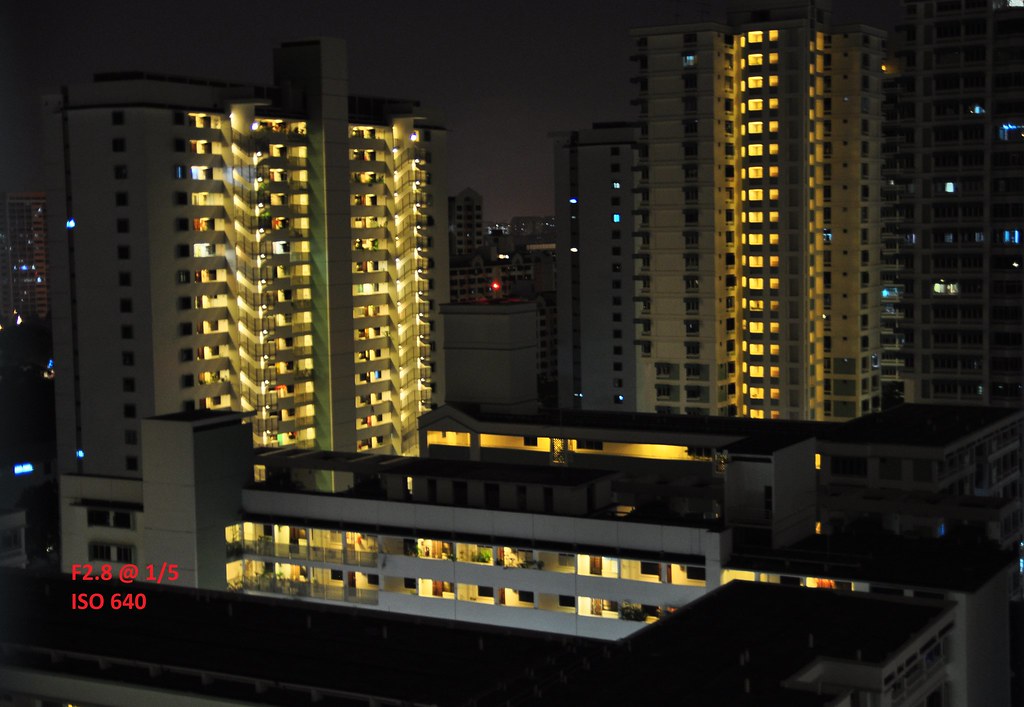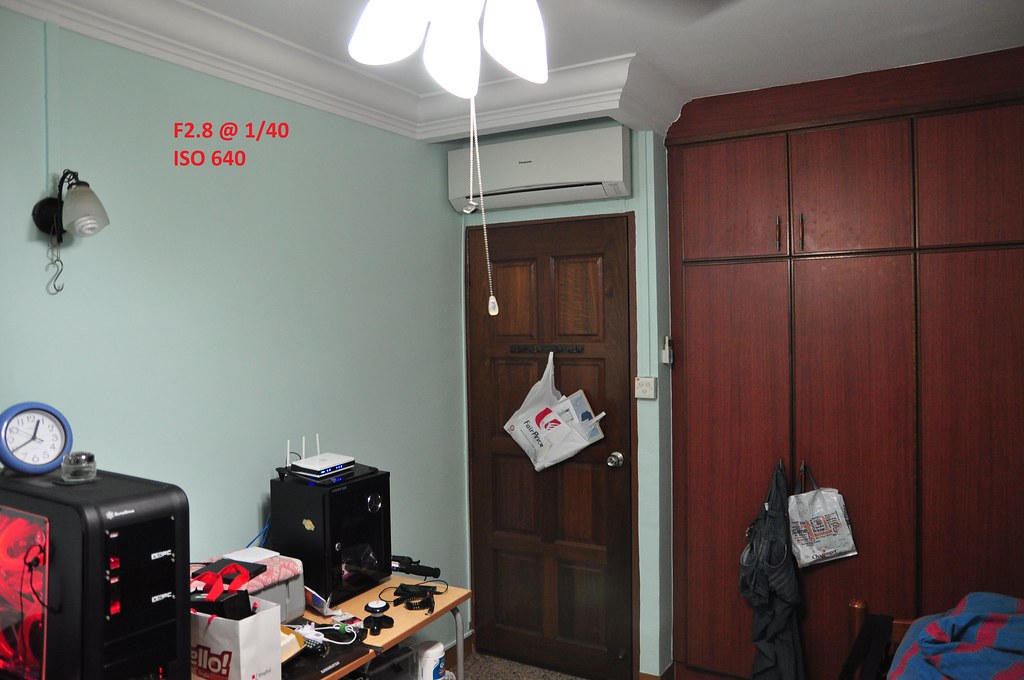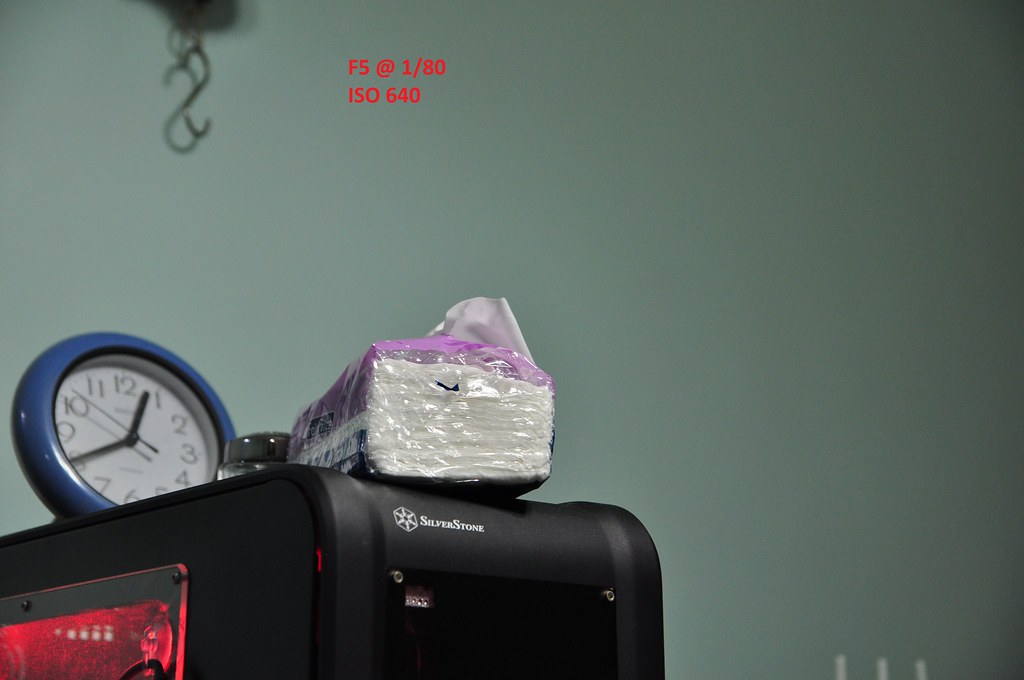spree86 said:1/focal length is not the best setting for any situation. The shutter speed should be set according to what you are trying to achieve and not base on the focal length.
Adding on, 1/focal length is the rule of thumb to reduce hand-shake blur at any given focal length. It is not, however, the rule that you should stick to when trying to achieve certain effects.
Ask yourself about long exposures of 15 seconds. Did the photographer use that rule? Nope. He/she used the shutter speed best suited for that purpose.





